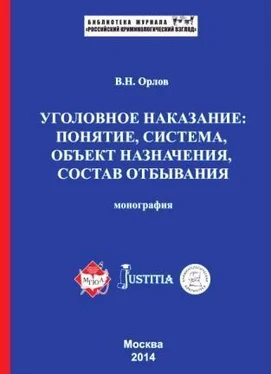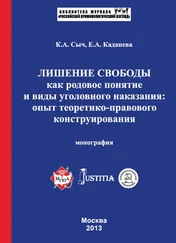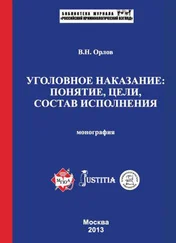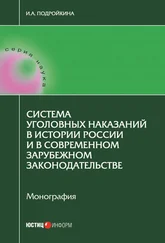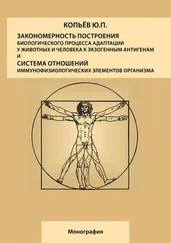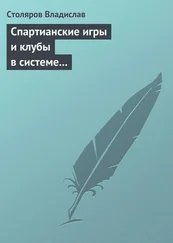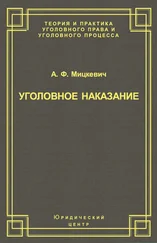2. Articles, contributed by post-graduate students of civil and military schools and others, having no scientific degree, candidates and doctors of law, coming on the initiative of the authors, are accepted according to the resolution of the review (which is given by the Heads of the by post-graduate students of civil and military schools and others, having no scientific degree Editorial Departments within the field of the knowledge). Articles, contributed by post-graduate students of civil and military schools and others, having no scientific degree (not written in co-authorship with candidates or doctors of law), coming on the initiative of the author, are accepted to be reviewed by the Heads of the Editorial Departments according to: 1) resolution (recommendation) of an Editorial Council or Scientific Council of Law Department of the school they belong to; 2) written review (review) by a doctor of law, being an author in the region (school) and not providing scientific guidance (consultation) to this student. Articles by candidates of science (including those in co-authorship with post-graduate students of civil and military schools and others, having no scientific degree) are usually accepted to be reviewed according to the written review (review) by a doctor of law, being an author in the region (school). Articles by doctors of law (including those in co-authorship with post-graduate students of civil and military schools and others, having no scientific degree, and candidates of law), are usually accepted by the Heads of the Editorial Departments of the corresponding field of knowledge without any resolutions (recommendations) and reviews.
3. Articles by the authors, taken to the Editorial Board of the Bulletin to be reviewed, undergo the discussion at the meeting of the Editorial Board of the Bulletin, where the resolution is given by at least two members of the Editorial Board (one written and one oral review), being the specialists in the corresponding field of knowledge. Direct responsibility for the timed review is entrusted to the Heads of the Editorial Departments of the corresponding field of knowledge or research. The Editorial Board includes the following Departments:
1. Ad notam to the reader;
2. Ad notam to the Editorial Board;
3. Address to the President of Russia:
4. Congratulations;
5. Anniversaries;
6. on the trail of the Jubilees;
7. Events;
8. Personalities;
9. Ideas;
10. Cite;
11. Facts;
12. Interviewing;
13. Union of criminalists and criminologists;
14. Moscow Club of Criminologists;
15. Saint Petersburg International Criminological Club;
16. Bibliophile’s boon;
17. Criminological Library;
18. History of criminology in original;
19. Criminological heritage of Russian immigration;
20. Theory and history of criminology and law;
21. Candidate thesis on the level of a doctoral one;
22. Directions of criminology in doctoral theses;
23. Edited criminological manuscripts;
24. Abstracts by the Candidate of Law in Edition;
25. Lection by Professor;
26. Criminal theology;
27. Criminal globalistics;
28. Criminal familistics;
29. Criminal juvenology;
30. Criminal penology;
31. Criminal violencology;
32. Cyber criminology;
33. Ethnic criminology;
34. Drug criminology;
35. Victimology;
36. Ecological criminology;
37. Military criminology;
38. Cultural criminology;
39. Criminal sexology;
40. Political criminology;
41. Economical criminology;
42. Gender criminology;
43. Criminology of criminal professionalism;
44. Criminological outlook of a criminologist;
45. Criminological outlook of a proceduralist;
46. Criminological outlook of a philologist;
47. Criminological outlook of an economist;
48. Criminological outlook of a musician;
49. Criminal axiology;
50. Criminal psychology;
51. Criminological pedagogies;
52. Managerial criminology;
53. Criminology and the judicial power;
54. Criminology and the executive power;
55. Criminological legislation;
56. Criminological comment;
57. Comparative criminology;
58. Foreign criminology;
59. Criminological practice;
60. Criminological statistics;
61. Criminological aphorisms;
62. Young criminologist’s outlook;
63. Young jurist’s tribune;
64. Criminological bibliography;
65. Critical criminology;
66. Criminological portal;
67. Artistic experience of a criminologist;
68. obituary;
69. Information about the authors;
70. Annotations, key words, types of publication and clause-by-clause bibliography
71. Ad notam to the authors.
4. The article is considered to be accepted to publication, if it is not only given positive reviews, but also negatives one, in the case it is supported by the majority of the Editorial Board, working in the corresponding field of knowledge or research. The Editorial Board is competent to invite the author to its meeting in order to specify the vitality and scientific novelty of the material to be published, and to define the author’s position, foundation to his conclusions on the topic, mentioned in the article. order and queue of the publication is defined according to the amount of the material published and enumeration of the headings in every edition.
5. Reviews to the manuscripts of the articles, written by the members of the Editorial Board, are sent to the representatives of schools to get acquainted according to the request of the author. In the case of denial from the publication the author and a representative are sent a full and well-reasoned written (electronic) explanation according to the request of the author. Authors are authorized to improve or change the material, contributed to publication.
The Editorial Board of the Bulletin
Приложение 3
Условия и требования к опубликованию в журнале “Российский криминологический взгляд”
В связи с включением нашего журнала в Перечень ведущих рецензируемых научных журналов и изданий, в которых должны быть опубликованы основные научные результаты диссертаций на соискание ученых степеней кандидата и доктора наук с 01 января 2007 года, учитывая то, что до настоящего времени в журнале печатались в основном работы докторов наук или статьи кандидатов наук, написанные на уровне докторской, подобные требования сохраняются ко всем поступающим к нам работам аспирантов, адъюнктов, соискателей, докторантов, а именно:
1) представляемые работы аспирантов, адъюнктов, соискателей должны быть в пределах 0,24 п. л.; докторантов – 0,48 п. л.;
2) любая, предлагаемая для опубликования работа, должна соответствовать уровню нашего, докторского журнала, в противном случае она будет отклонена, то есть прежде всего претендующей, если и не на совсем новое направление в криминологии или праве (это требование сохраняется в полной мере к докторантам), то, во всяком случае, на его существенное развитие, содержащее исключительно авторские новаторские идеи, а не только перечисление существующих точек зрения и позиций;
Читать дальше
Конец ознакомительного отрывка
Купить книгу
